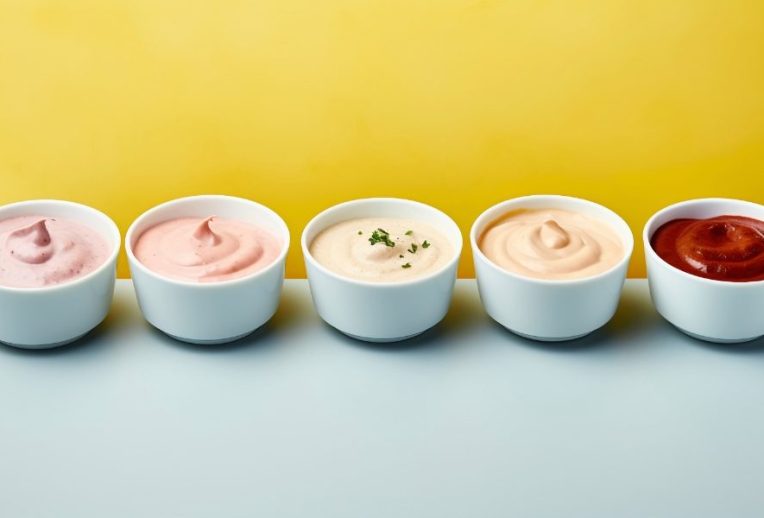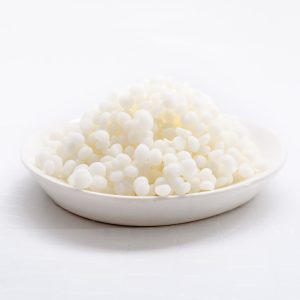Have you noticed that the vinaigrette you made by shaking in a jar or whisking vigorously eventually separates with oil on the top and vinegar at the bottom? This is because you created a temporary emulsion between two liquids that can’t naturally blend without that physical force. As a result, they separate over time.
Emulsifiers are food additives used to prevent separation in the food industry. They also improve texture, extend shelf life, and enhance taste1 and are among the most used additives globally. Over 6,000 food products in the UK contain an emulsifier, half containing multiples2.









 Do emulsifiers affect gut health?
Do emulsifiers affect gut health?




